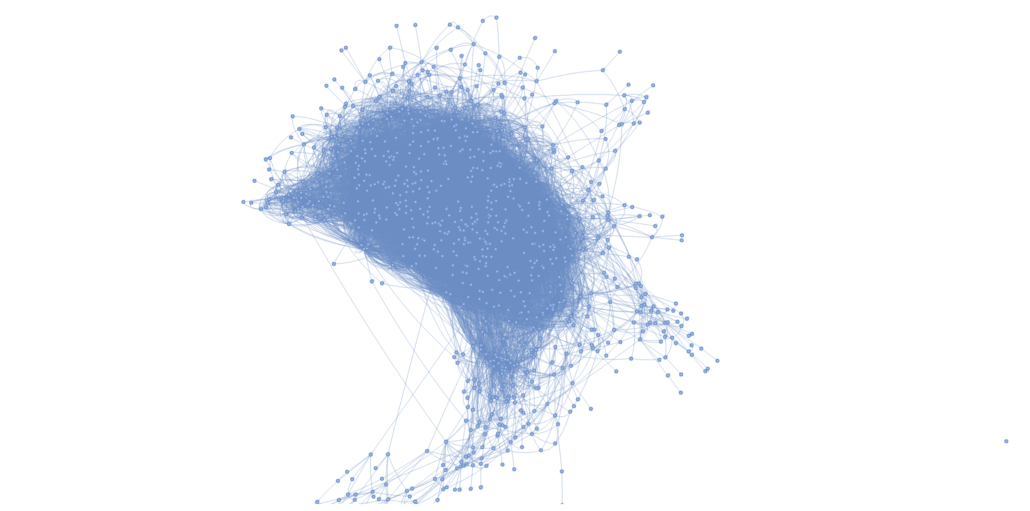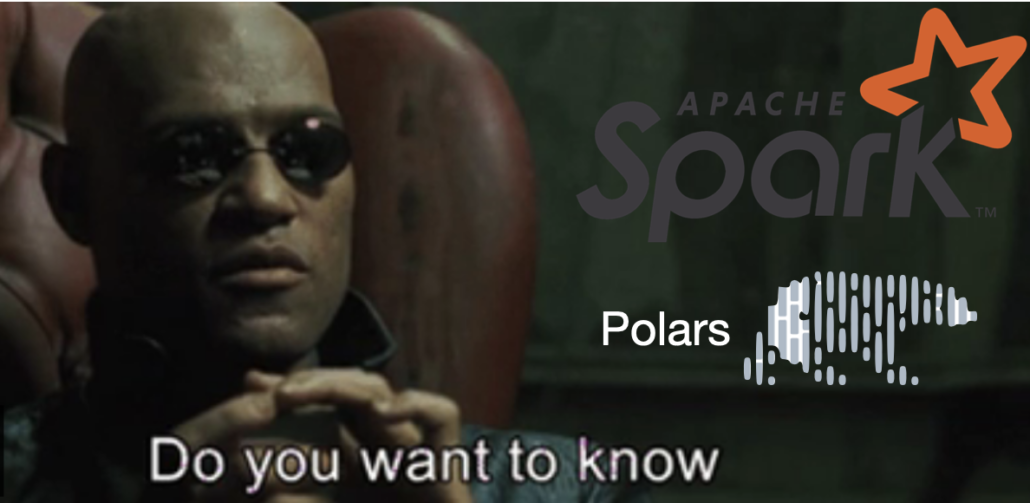![]()
Sometimes it seems like the Data Engineering landscape is starting to shoot off into infinity. With the rise of Rust, new tools like DuckDB, Polars, and whatever else, things do seem to shifting at a fundamental level. It seems like there is someone at the base of a titering rock with a crowbar, picking and prying away, determined to spill tools like Java, Scala, Python, Spark, and Airflow, the things we’ve known and loved for years, from their lofty thrones.
Maybe they all have had their time in the Data Engineering sun, maybe it’s time to shake things up. It seems to be happening. It’s always hard to have those we hold dear be poked and prodded at. I’ve been using Spark since before it was cool, so when I started to hear the word Ballista start to show up here and there, I took note.
Besides, I’ve been dabbling my grubby little fingers in Rust for some months now, and have seen The Light. Is it possible I could be living at the dawn of a new era? A new and exciting frontier of Data Engineering, finally, after all this time? Could Rust really take over? Will something like Ballista pull that old Spark from its distributed processing tower and claim its rightful place?








